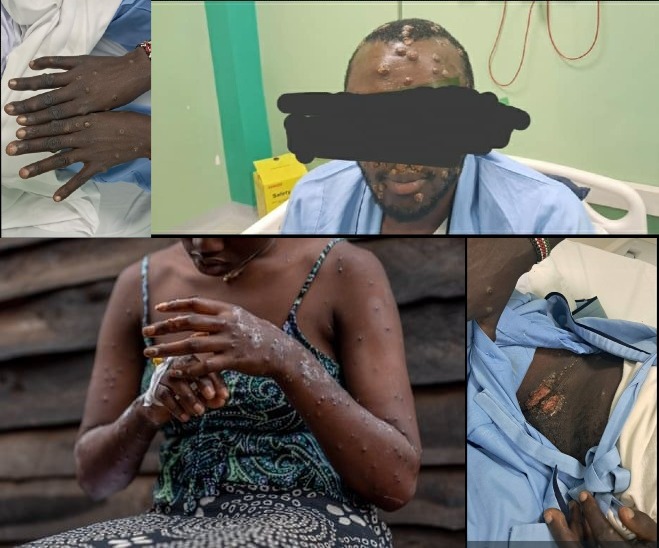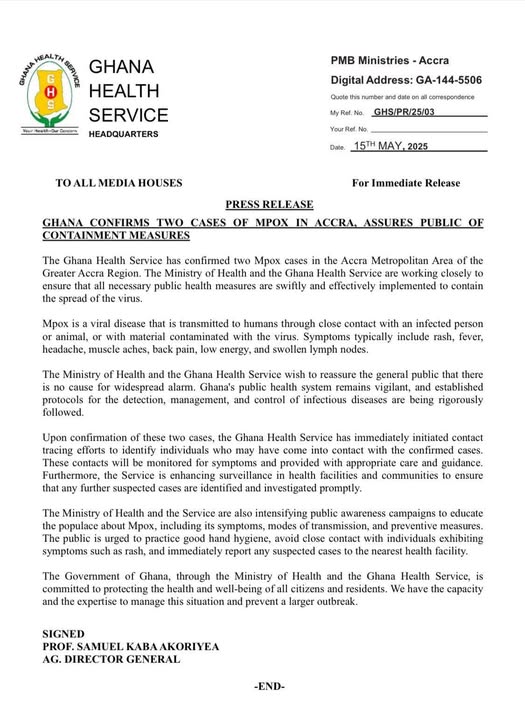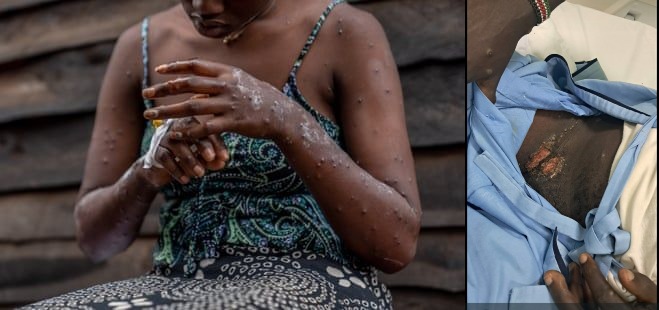Ghana Records 18 New Mpox Cases, Total Hits 346

The Ghana Health Service reported 18 new Mpox cases as of August 7, 2025. This raises Ghana’s total confirmed infections to 346. The nationwide death toll remains at one, with no new fatalities recorded in this update. This increase is slower than the previous report, which recorded 20 new cases on July 30. The disease spreads mainly through close physical contact with infected individuals. Mpox symptoms include fever, skin rashes, and swollen lymph nodes.
The Health Service advises people to avoid close contact with symptomatic persons, wash hands regularly with soap and water, wear masks when caring for the sick, and avoid contact with potentially infected animals. Anyone showing symptoms should seek medical attention immediately. Mpox, formerly known as Monkeypox, is a viral infection especially risky for children, pregnant women, and those with other health conditions.
Officials continue to monitor the situation closely and work with regional health offices to trace contacts and boost public education. The World Health Organization African Regional Director, Dr. Mohamed Janabi, recently delivered vital supplies worth USD 36,700, including PPE and GeneXpert cartridges. This support highlights WHO’s commitment to outbreak response and saving lives.
It is important to distinguish Mpox from similar illnesses like chickenpox and Hand, Foot, and Mouth Disease (HFMD). While Mpox and chickenpox can affect any body part, Mpox usually shows localized rashes on the face and extremities. HFMD mostly affects the hands, feet, and mouth. Anyone with symptoms of these diseases should visit the nearest District Health Center for diagnosis and treatment.
Mpox is caused by the monkeypox virus, a double-stranded DNA virus in the Orthopoxvirus genus. There are two main virus clades, with clade IIb causing the ongoing global outbreak since 2022. Clades Ia and Ib continue to cause outbreaks in parts of Africa. Small mammals like squirrels and monkeys may carry the virus, though the natural reservoir remains unknown.
Ghana’s public health response focuses on prevention, education, and careful monitoring. The community must continue practicing hygiene and seek care if symptoms appear to reduce Mpox’s spread. Staying informed and vigilant remains vital to protecting vulnerable groups and halting this outbreak.





